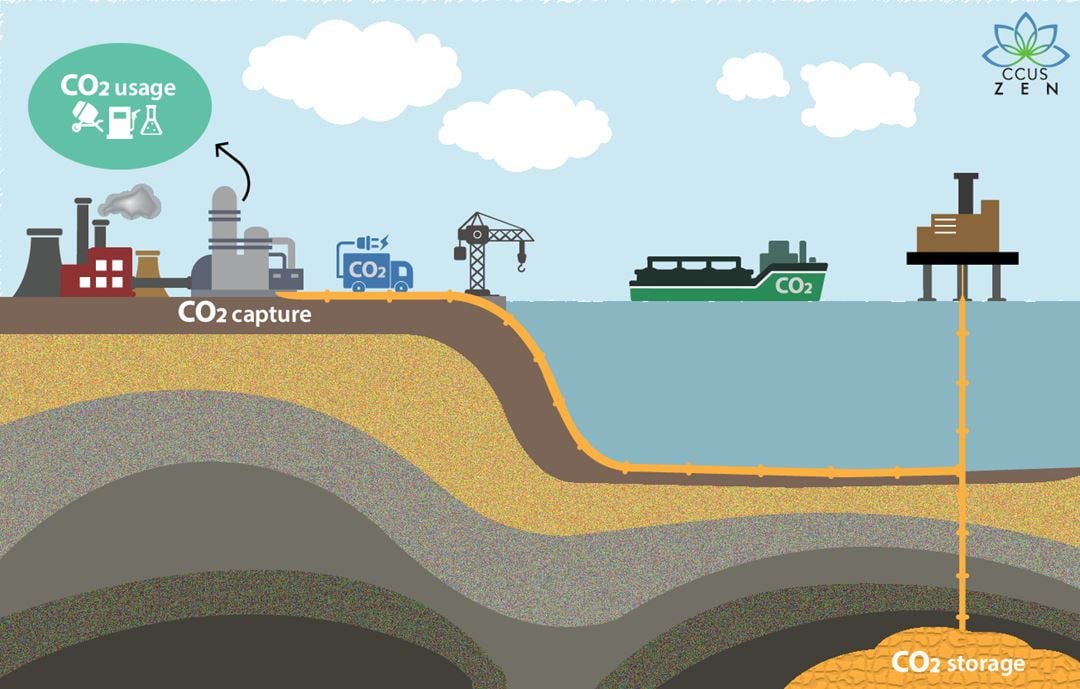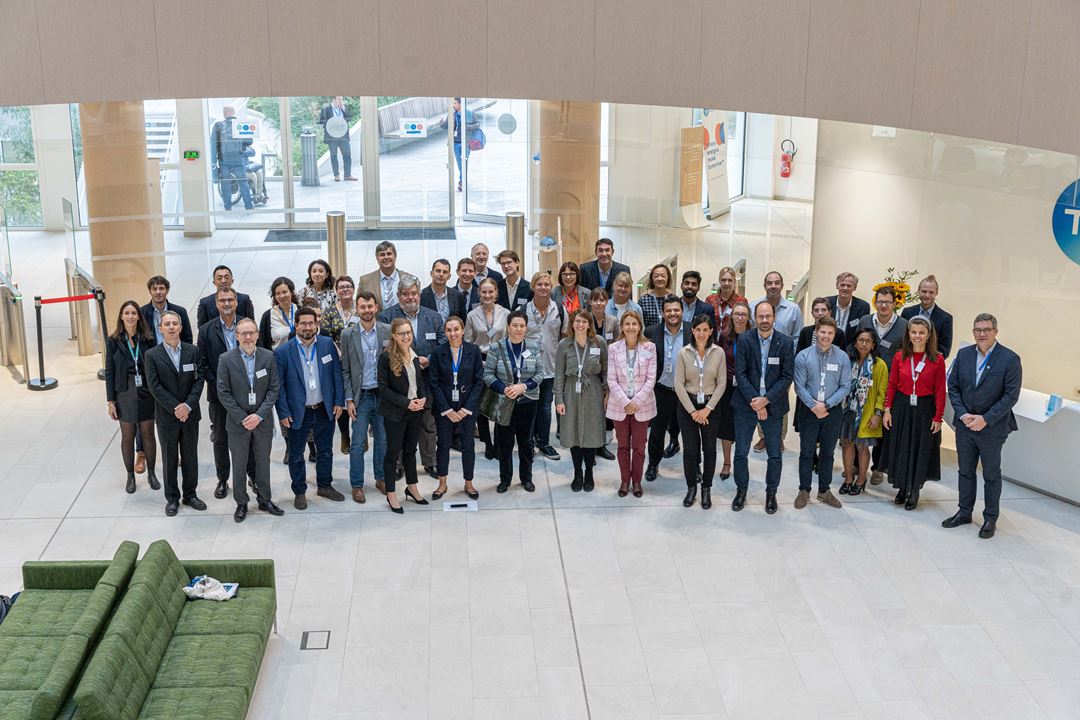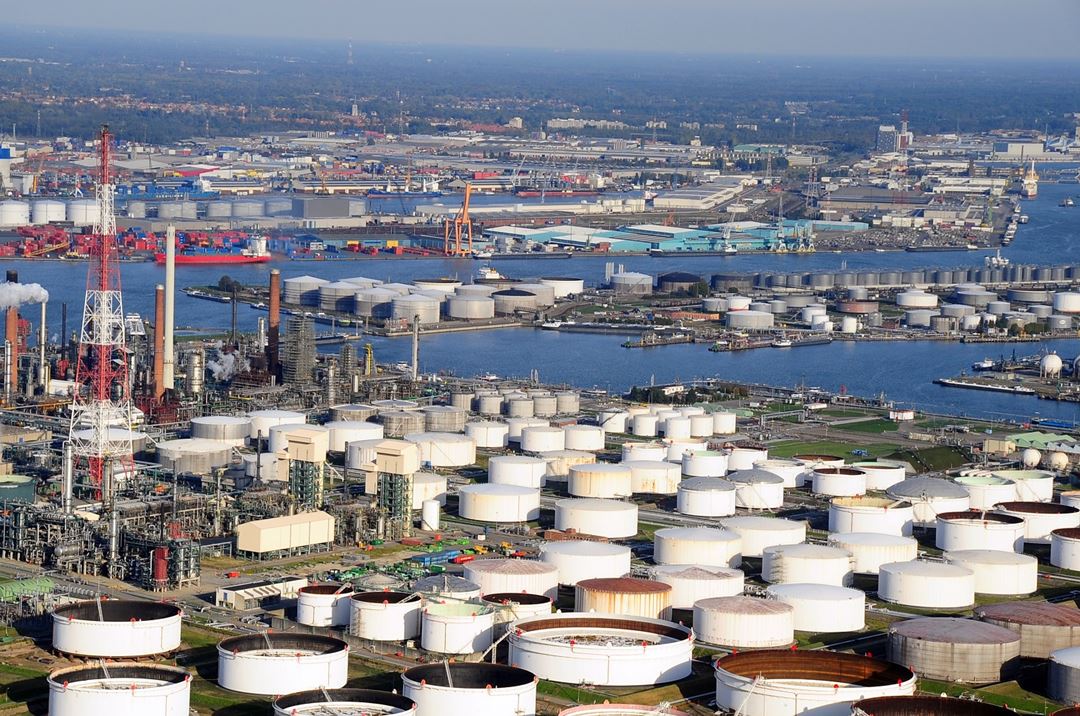A large part of the CO2 emissions in Europe comes from industry. Carbon Capture, Utilization and Storage (CCUS) can play a crucial role in ensuring that energy-intensive industries and the power sector in Europe are able to transition to climate neutrality, and for the EU to be able to deliver on its net-zero commitments.
According to the International Energy Agency, to achieve the Paris Agreement’s goals, 14 percent of the total emissions reduction by 2060 must come from CCS. This involves capturing waste carbon dioxide, transporting it in pipelines or ships, and storing it to prevent it from entering the atmosphere. In the case of utilization, the captured CO2 is used to make new products.

Network for knowledge and dissemination
CCUS ZEN (Zero Emission Network) aims to contribute to reducing CO2 emissions from industrial clusters and hubs in Europe by building networks and sharing knowledge and experience of CCUS. SINTEF, the Norwegian applied research group, is coordinating both the project and the network, which currently consists of 14 partners and around 40 network partners from eight EU member states.
- To achieve implementation of CCUS in Europe, participation, and support from a wide range of actors across the CCUS value chain is crucial, said Eirik Falck da Silva, CCUS ZEN project coordinator and research manager at SINTEF.
The partners have broad expertise and knowledge across the CCUS value chain: the network includes partners working in CCUS infrastructure, including ports, transport, ships, the pipeline industry, energy, and CO2 storage.

Focus on Baltic and Mediterranean regions
The network’s goal is to foster effective knowledge sharing, enable faster development of CCUS projects and identify potential new initiatives in CO2 transport and storage.
Countries and regions further ahead in the development and use of CCUS can contribute knowledge to countries with less experience. The project will focus on the Baltic region and the Mediterranean region.
- We are delighted to have already brought together many key academic and industry partners and hope we can expand our network further over the next two and a half years, said da Silva.



